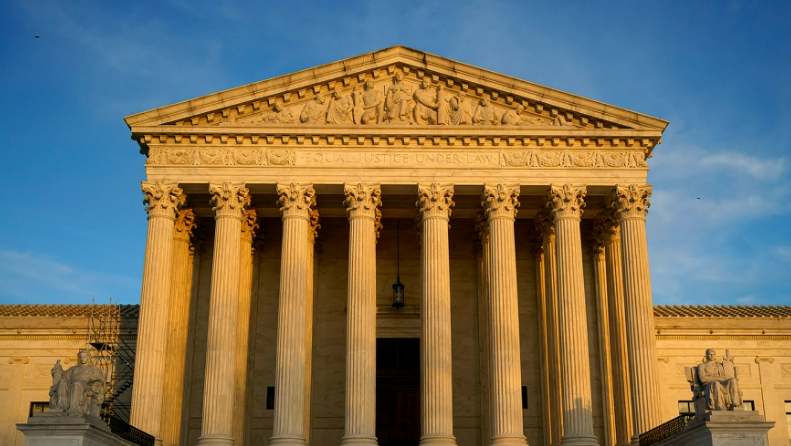The Supreme Court’s highly anticipated judgment struck down affirmative action in college admissions, dealing a major blow to Harvard University. With a 6-2 ruling, as expected due to the Court’s conservative majority, the decision effectively prohibits the consideration of race in admissions policies.
The verdict stems from a lawsuit filed by Students for Fair Admissions against Harvard in 2014, claiming that the university discriminated against Asian Americans, contravening the Civil Rights Act of 1964.
Additionally, the Court delivered a separate 6-3 ruling against the University of North Carolina on the same day. During the oral arguments, the conservative majority displayed doubts about affirmative action. Harvard faced scrutiny regarding its admissions procedures, including concerns over the educational worth of racial diversity, legacy admissions, and the assessment of applicants’ character traits using the “personal rating” metric.
In previous instances, Chief Justice Roberts has expressed his thoughts on Affirmative Action, stating:
“The best way to stop discrimination is to stop discriminating.”
This Supreme Court decision overturns two previous rulings in favor of Harvard. In 2019, the Massachusetts District Court sided with the university, and the decision was upheld by a federal appeals court in 2020. Students for Fair Admissions petitioned the Supreme Court in early 2021, resulting in the Court agreeing to hear the case a year later.
The ramifications of these rulings on Harvard and UNC extend beyond these particular institutions, as universities nationwide may have to modify their admissions policies in response to this verdict.

